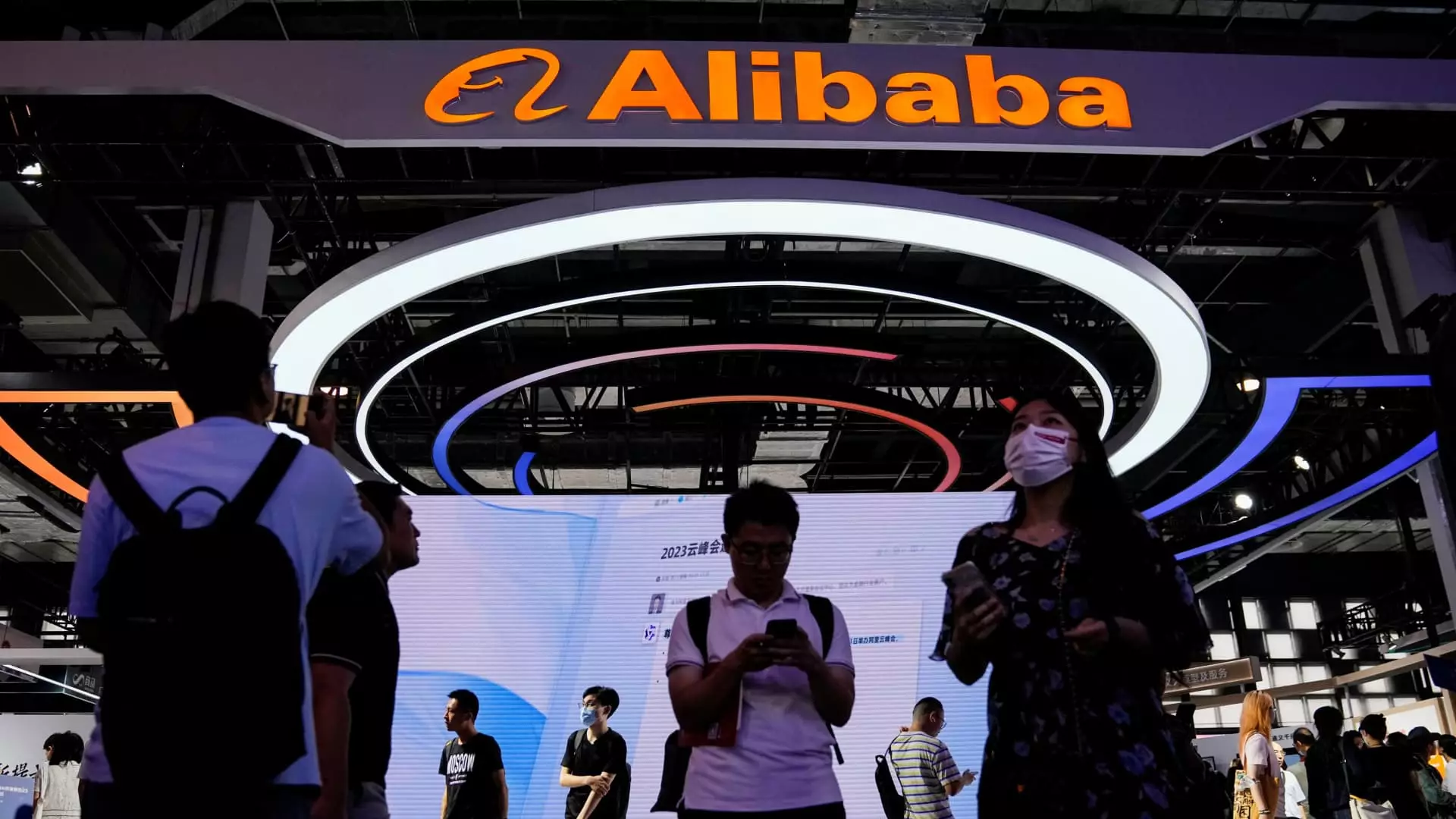The rapid development and implementation of artificial intelligence (AI) technologies have reshaped various industries, pushing companies to innovate and adapt to stay relevant. Recently, Alibaba, a prominent Chinese technology enterprise, announced a significant price reduction of up to 85% on its large language model (LLM), Qwen-VL. This strategic move indicates not only the evolving dynamics within the AI sector but also highlights the fierce competition among global tech giants striving for dominance in this blossoming field.
Alibaba’s announcement, communicated via a WeChat post by its cloud computing division, Alibaba Cloud, signals a proactive approach to stimulate adoption of its advanced AI capabilities. The Qwen-VL model stands out for its dual functionality, enabling it to interpret and generate responses based on textual and visual inputs. Notably, despite the announcement’s significance, Alibaba’s stock experienced minimal fluctuation, reflecting market sentiments that may be tempered by broader economic conditions.
This isn’t Alibaba’s first initiative aimed at reducing barriers for businesses to engage with its AI technologies. Earlier in the year, the company offered price cuts reaching 55% across a spectrum of its cloud products, followed by an astonishing discount of up to 97% for the Qwen AI model in May. These incremental price adjustments can be interpreted as a strategic pivot to harness the growing demand for AI solutions while simultaneously mitigating competition from rivals like Tencent, Baidu, and JD.com.
The current competitive landscape for AI applications in China is both robust and ever-evolving. A surge of interest in LLMs has propelled major tech firms to develop and launch their models over the last 18 months. Companies like Huawei and Bytedance have entered the fray, each seeking to carve out a substantial market share in generative AI—a sector dominated by the likes of OpenAI with its ChatGPT. As these companies vie for clientele, price adjustments like those employed by Alibaba can significantly impact market dynamics, fostering an environment where cost competitiveness becomes crucial for success.
Interestingly, Alibaba’s AI strategy is distinct from its competitors who frequently target consumer-facing applications. Instead of competing directly with OpenAI’s chatbot, the company chooses to focus primarily on catering to enterprise-level clients. The logic behind this choice is shrewd; businesses often require tailored solutions that can enhance efficiency and improve processes. According to the company’s reports, Qwen models have been successfully deployed by over 90,000 enterprise users, underscoring a strong demand for their specialized AI solutions.
This approach presents both opportunities and challenges. While focusing on enterprises allows Alibaba to attract a dedicated user base looking for sophisticated AI tools, it also necessitates continuous innovation and unrivaled customer support, particularly as enterprises seek to integrate these solutions into their operations.
Alibaba’s recent move to reduce prices significantly illustrates a broader trend in the AI sector: as demand accelerates, competitive pricing becomes a pivotal strategy for driving adoption. Technology companies are increasingly recognizing the need for accessible AI solutions, particularly as businesses worldwide navigate the complexities of digital transformation.
As organizations increasingly rely on AI to drive insights and operational improvements, it remains essential for tech giants to align their offerings with evolving customer needs. Future pricing strategies are likely to remain aggressive as firms strive not just to capture market share but to establish themselves as leaders in an ever-growing sector that promises to revolutionize how we interact with technology.
With the landscape continuously shifting, stakeholders must stay alert to the developments in AI technology and pricing mechanisms, as these factors will shape the future trajectory of businesses engaged in this transformative space. Alibaba’s aggressive pricing strategy exemplifies the broader trends influencing the AI landscape, paving the way for increased competition, innovation, and opportunities for enterprises seeking to leverage these powerful technologies.


Leave a Reply